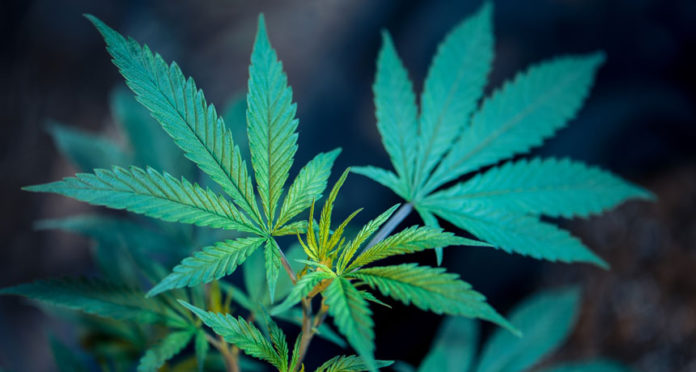Ghana’s beautiful beaches, once pristine and untouched, now face an emerging threat.
The burning of marijuana and cocaine, often dismissed as a minor issue, has severe consequences for the environment and contributes significantly to climate change.
In Ghana, Police and security agencies burn marijuana at beaches for several reasons which include the destruction of evidence as it ensures its permanent destruction, preventing re-circulation or misuse.
It also follows the Disposal Protocol which is a standard procedure for disposing of seized drugs, including marijuana, as well as promotes public demonstration by publicly showcasing law enforcement’s efforts to combat drug trafficking and serves as a deterrent to drug traffickers and users.
It is estimated that 10-50 tons of drugs are burned annually in Ghana with regular burning, 2-5 times a week, at multiple locations with each burning session lasting 2-6 hours.
The practice of burning drugs produces harmful pollutants, including Particulate Matter (PM): 2.5-10 μg/m³, Carbon, Monoxide (CO): 10-30 ppm, and Volatile Organic Compounds (VOCs): 10-50 ppb.
It also contributes to Greenhouse Gas Emissions such as CO2: 1.5-3.5 kg/kg drug burned and Methane (CH4): 0.5-1.5 kg/kg drug burned.
Soil and water contamination and the destruction of coastal ecosystems also result from the burning of marijuana and cocaine produces toxic substances like heavy metals, pesticides, and carcinogens as well as habitat destruction of about 10-50% reduction in vegetation cover and marine life impact of about 20-50% reduction in species population.
Toxic substances from drug burning seep into soil and water, harming marine life and ecosystems and damaging vegetation, destroying habitats, and disrupting the delicate balance of coastal environments.
Climate Change Consequences:
Rising Sea Levels: Increased greenhouse gas emissions exacerbate sea-level rise, threatening coastal communities and infrastructure.
Extreme Weather Events: Climate change intensifies storms, erosion, and flooding, devastating Ghana’s coastal regions.
Loss of Biodiversity: Pollution and habitat destruction harm marine life, compromising Ghana’s rich biodiversity.
Solutions:
Ghana must enforce and educate to strengthen laws and raise awareness about the environmental impacts of drug burning.
There should be alternative disposal methods to implement eco-friendly disposal techniques, like incineration or chemical neutralization.
Community engagement and collaboration with local communities to promote sustainable practices and protect Ghana’s beaches and proper research and monitoring need to be conducted to assess the extent of drug burning’s environmental impact and inform effective mitigation strategies.
The burning of marijuana and cocaine at Ghana’s beaches especially carried out by the Police and other security agencies poses a significant threat to the environment and contributes to climate change.
Immediate action is necessary to address this issue, protect Ghana’s natural beauty, and ensure a sustainable future.
Drug burning, including marijuana and cocaine, has severe environmental consequences and contributes to climate change.
The writer, Shadrach Kofi Assan, is the lead producer for Adom FM’s morning show, Dwaso Nsem.
Source: Shadrach Assan

